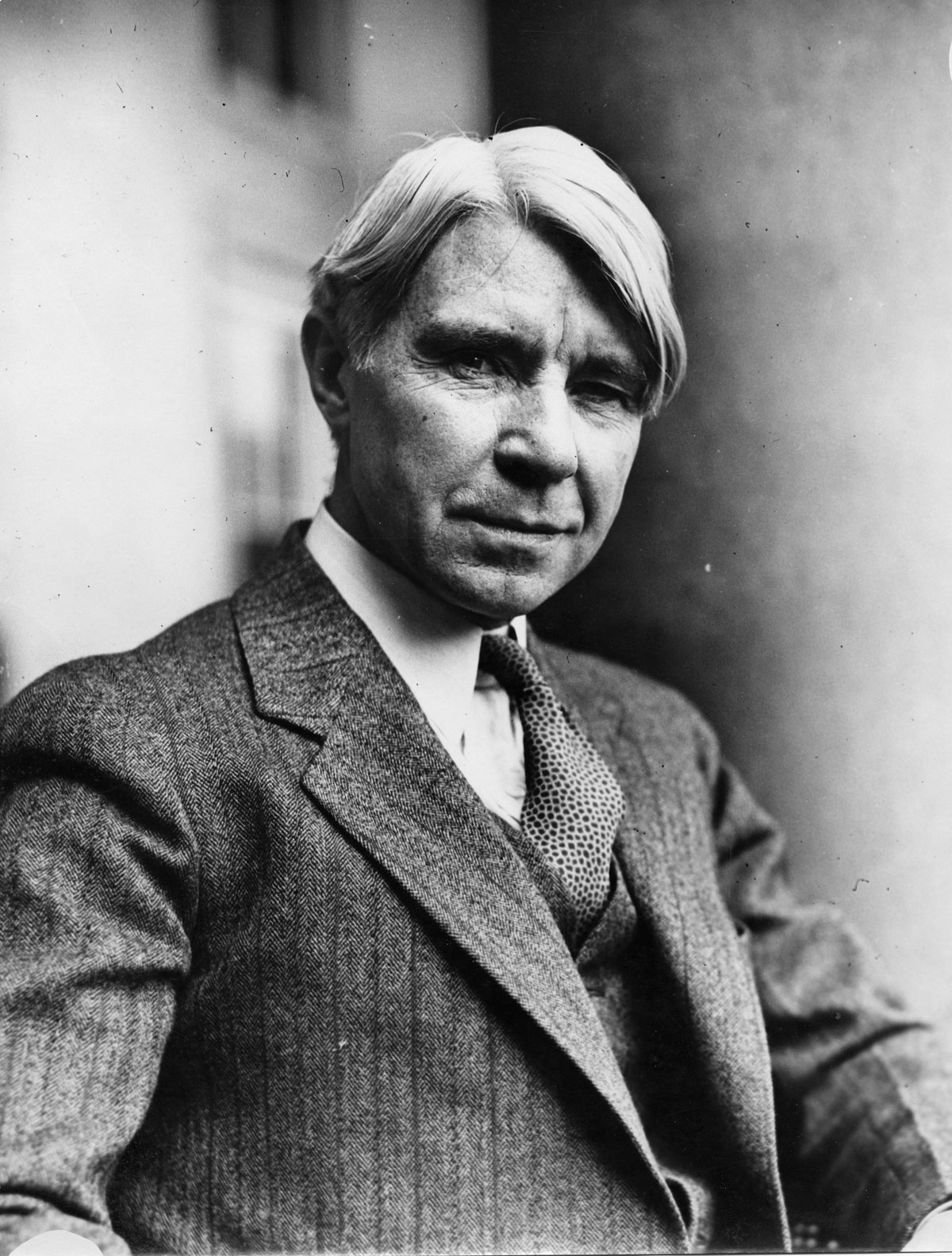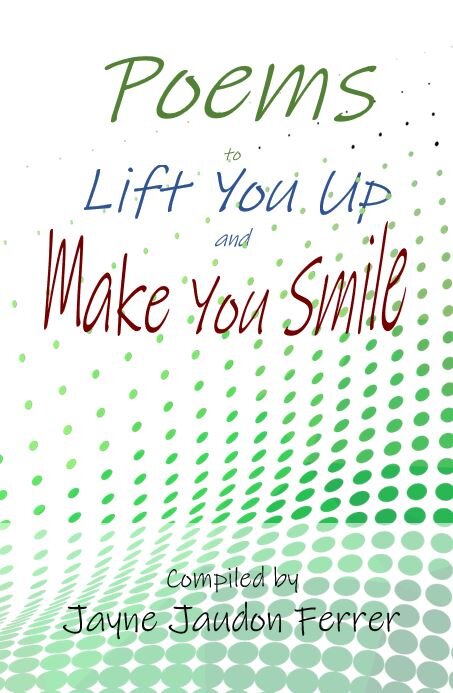| |
|
Have you seen men handed refusals
till they began to laugh
at the notion of ever landing a job again--
Muttering with the laugh,
"It's driving me nuts and the family too,"
Mumbling of hoodoos and jinx,
fear of defeat creeping in their vitals--
Have you never seen this?
or do you kid yourself
with the fond soothing syrup of four words
"Some folks won't work"??
Of course some folks won't work--
they are sick or wornout or lazy
or misled with the big idea
the idle poor should imitate the idle rich.
Have you seen women and kids
step out and hustle for the family
some in night life on the streets
some fighting other women and kids
for the leavings of fruit and vegetable markets
or searching alleys and garbage dumps for scraps?
Have you seen them with savings gone
furniture and keepsakes pawned
and the pawntickets blown away in cold winds?
by one letdown and another ending
in what you might call slums--
To be named perhaps in case reports
and tabulated and classified
among those who have crossed over
from the employables into the unemployables?
What is the saga of the employables?
what are the breaks they get?
What are the dramas of personal fate
spilled over from industrial transitions?
what punishments handed bottom people
who have wronged no man's house
or things or person?
Stocks are property, yes.
Bonds are property, yes.
Machines, land, buildings, are property, yes.
A job is property,
no, nix, nah nah.
The rights of property are guarded
by ten thousand laws and fortresses.
The right of a man to live by his work--
what is this right?
and why does it clamor?
and who can hush it
so it will stay hushed?
and why does it speak
and though put down speak again
with strengths out of the eath?
From The People, Yes (Harcourt, Brace & World, Inc., 1936).
This poem is in the public domain.
|

Carl Sandburg (1878 - 1967) was an American poet, children's author, and biographer. The son of Swedish parents who immigrated to Illinois, Carl was forced to drop out of school after the eighth grade to help support the family. He worked at a number of different jobs, then did a stint as a hobo before volunteering to serve in the Spanish-American war. A plain-speaking poet with a style similar to that of Walt Whitman, Carl often chose American life as his subject matter--especially industry, agriculture, and the common man. Like Whitman, he attended several colleges, but never received a degree, except for honorary ones bestowed years later on the merit of his work.
|
|
Linda Lee (Konichek):
I never fail to marvel at Sandburg's total connection with "real" People, and his clear way of letting us see it.
I have used many of his poems in eulogies for people who were workers or middle class "treasures" that are too often forgotten. Good choice, Jayne
Posted 11/14/2011 10:06 PM
|
Ralph Murre:
Thank you, Jayne, for republishing and bringing back to our attention this important, timely, and timeless piece.
Posted 11/14/2011 01:01 PM
|
trailpny:
"the idle poor should imitate the idle rich" -- I'm always astonished when reading Sandburg how contemporary he is.
Posted 11/14/2011 10:32 AM
|
KevinArnold:
Yes, an excellent selection for these hard times. Good people are suffering, most in silence.
Posted 11/14/2011 09:05 AM
|
dotief@comcast.net:
I agree. Very timely. It seems that the problems we suffer today are not new problems. Great poem!
Posted 11/14/2011 08:37 AM
|
ed werstein:
What a timely poem. Great selection Jane.
Posted 11/14/2011 08:17 AM
|
|
|
|






